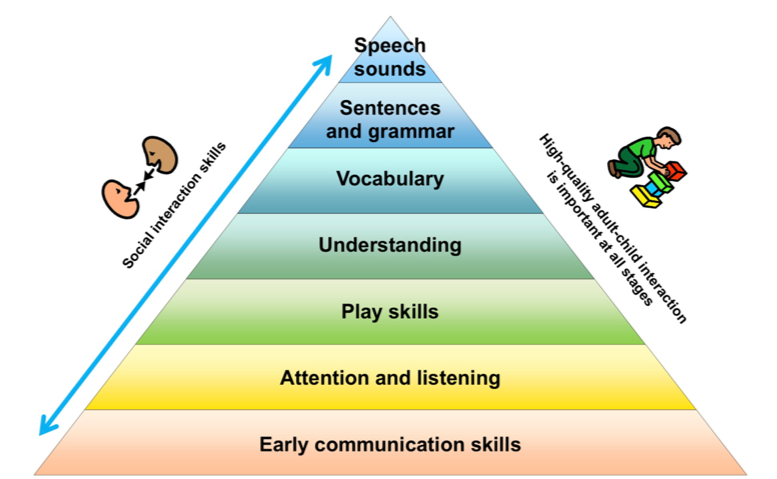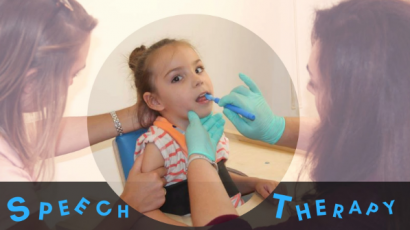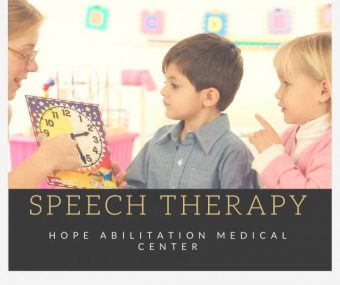Speech, language and communication is central to everything that we do. We know that there are a number of positive outcomes when children have well-developed speech, language and communication skills. They achieve better in school, develop friendships, show improved self esteem and confidence and quite simply, they have more fun! It’s therefore important for us to know what to expect from our children so we can check whether they are on track and identify if they are struggling. There are some important milestones for children at different ages, however, it’s important to note that there is variation in the rate at which children develop these skills.
Below is a visual showing the communication pyramid. The skills at the bottom of the pyramid are the foundation for other speech and language skills and therefore need to be well developed.
We can use the communication pyramid to guide our thinking when checking our children’s speech, language and communication skills depending on their age.
0-6 Months
Check out your baby’s early communication skills:- Copy the sounds your baby makes
- Can they look at you and sometimes join in?
- Are they cooing and gurgling to themselves?
- Talk to your baby about what is happening
- Are they watching your face whilst you are talking?
- Get down on the floor and play with your baby
- Do they smile and laugh with you?
6 months – 1 year
Check out your baby’s early communication skills:- Spend time observing your baby at play time or meal times
- Do they try to get your attention by pointing, shouting, reaching and/or making noises?
- Talk about everyday activities like bath time and getting dressed
- Do they respond to the things you say e.g. ‘arms up’ when taking off their jumper?
- Can they look or point to an object when there’s a few in front of them e.g. where’s duck?
- Talk to your baby and leave a space for them to talk back
- Do they try to join in by making talking noises?
1 year – 18 months
Check out your baby’s talking skills:- Spend time listening to what your baby is saying
- Are they trying to say words?
- Talk about things your baby enjoys, ask questions and give instructions
- Do they get excited?
- Do they look around when asked something e.g. ‘where’s daddy’?
- Do they point at the things you say e.g. ‘show me teddy’?
- Play social games like peekaboo or building a tower with bricks
- Do they show enjoyment?
- Do they join in by taking a turn?
- Do they show early pretend play e.g. pretending to talk on a phone?
18 months – 2 years
Check out your child’s talking skills:- Take time to have a ‘conversation’
- Do they use single words and put two words together to make short sentences?
- Do they ask simple questions such as ‘what’s that’ and ‘who’s that’?
- Ask questions and give instructions
- Do they respond to questions such as ‘who’ and ‘what’?
- Do they follow instructions such as ‘tidy the bricks’?
- Watch how your child plays and try to join in
- Do they engage in pretend play with things such as cooking, shopping and cars?
- Do they enjoy shape sorting and jigsaw puzzles?
2 years – 3 years
Check out your child’s talking and speech skills:- Take time to have a ‘conversation’
- Do they combine sentences using words such as ‘and’, ‘or’ and ‘because’?
- Can they explain where they went and what happened?
- Are they easily understood by others?
- Ask questions, give instructions and read stories
- Do they respond to questions such as ‘why?
- Can they follow two part instructions e.g. ‘Go and get me the big scissors and the blue paper from the drawer’?
- Can they answer questions about a story you have just read?
- Watch your child with other children
- Do they plan simple games together?
3 years – 4 years
Check out your child’s talking and speech skills:- Take time to have a ‘conversation’
- Do they combine sentences using words such as ‘and’, ‘or’ and ‘because’?
- Can they explain where they went and what happened?
- Are they easily understood by others?
- Ask questions, give instructions and read stories
- Do they respond to questions such as ‘why?
- Can they follow two part instructions e.g. ‘Go and get me the big scissors and the blue paper from the drawer’?
- Can they answer questions about a story you have just read?
- Watch your child with other children
- Do they plan simple games together?
4 years – 5 years
Check out your child’s talking and speech skills:- Take time to have a ‘conversation’
- Can they organize their thoughts and use long sentences?
- Can they use well formed sentences?
- Can they retell stories in roughly the right order?
- Can they take turns in longer conversations?
- Can they use language for complicated reasons e.g. to negotiate?
- Ask questions, give instructions and read stories
- Can they listen to and understand spoken instructions without stopping what they are doing and looking?
- Can they understand longer instructions e.g. ‘first get your lunch box, sit at the table and find your pen’?
- Can they understand harder concepts such as sequence and time e.g. ‘first, next, last’
- Are they aware when they don’t understand words and ask what they mean?
- Talk to your child’s teacher
- Have they developed friendships?
- Can they have successful conversations with other children?
You may have noticed that all it takes to check your child’s speech, language and communication skills is some time to observe them during everyday tasks, play activities and conversations. If you find that you child is struggling with a certain area of the communication pyramid then have a look at our symptom checkers on our website to help determine whether you would benefit from a session with one of our speech and language therapists.




